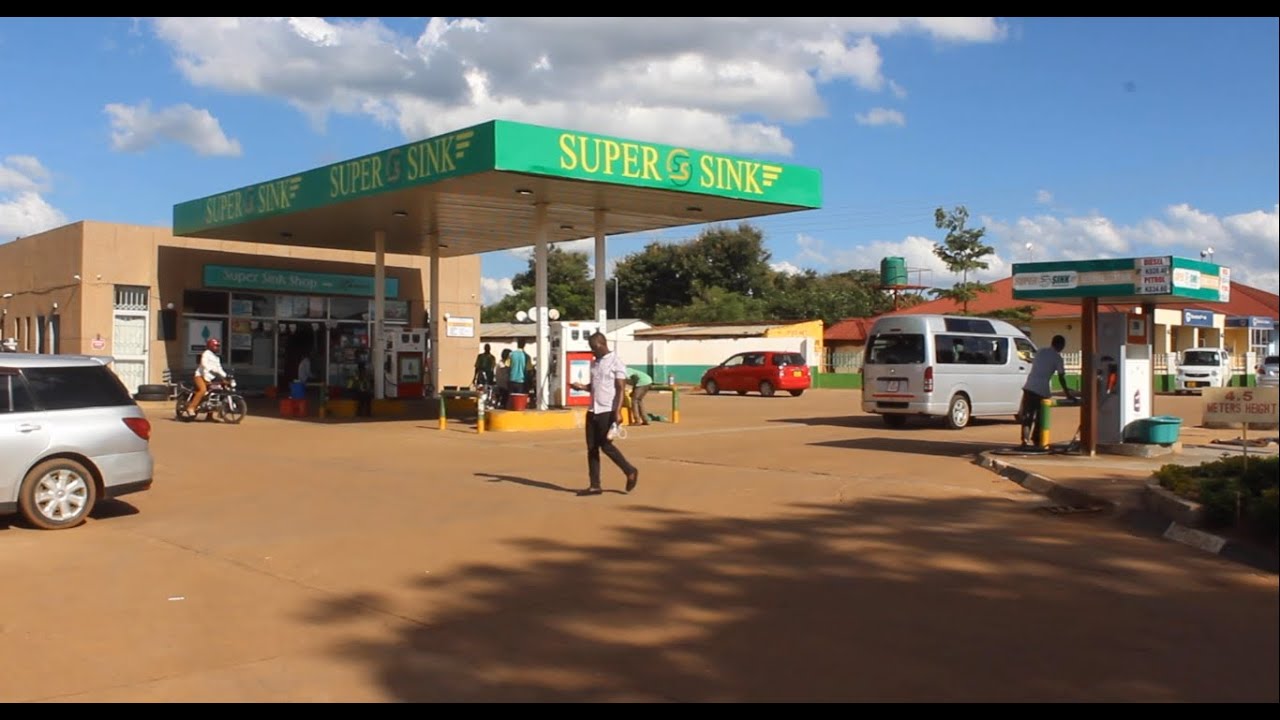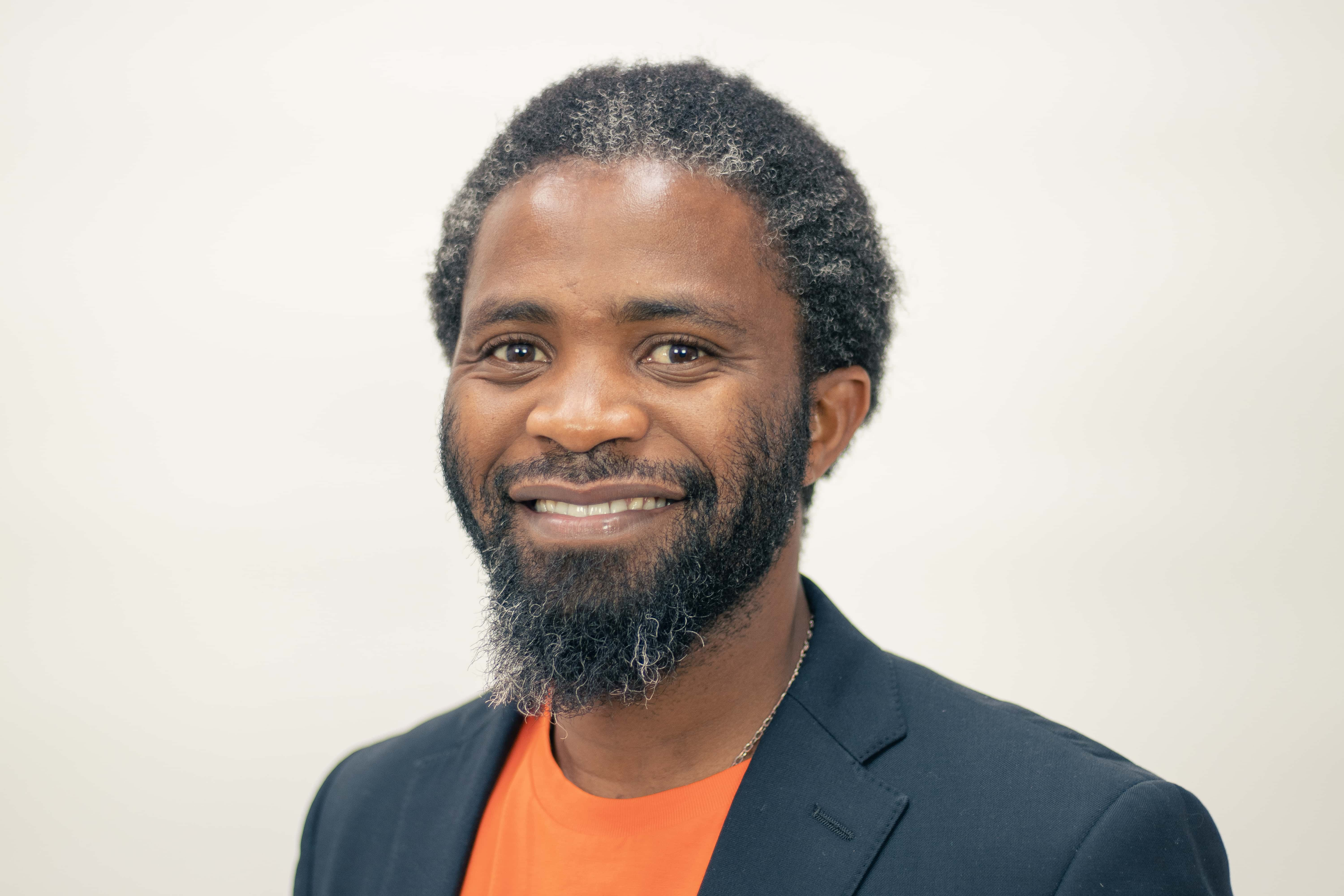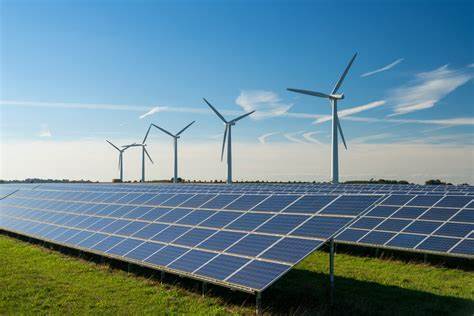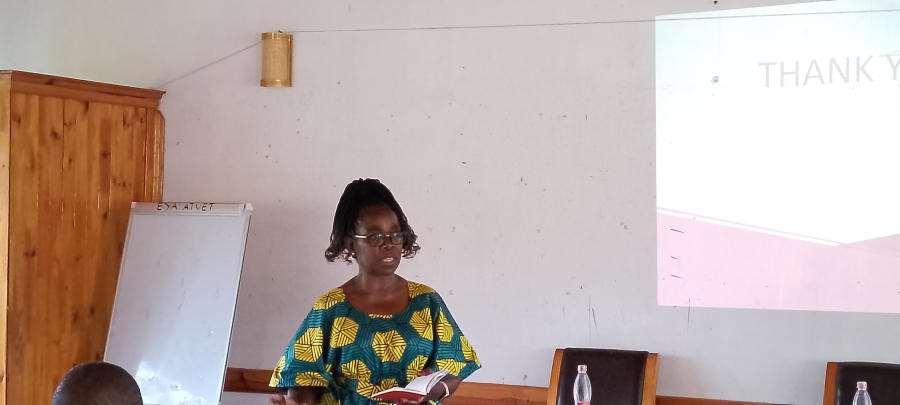Budget cuts dim Malawi’s clean energy goal
August 20, 2025
Written by Chikondi Galeta
Environmental experts have cautioned that expanding access to electricity, while critical, will not by itself solve Malawi’s energy and environmental challenges.
Mathews Malata, an environmental analyst, said the government’s decision to slash funding for the Malawi Rural Electrification Programme (MAREP) from MK109 billion to just MK6.8 billion highlights the complexity of the country’s clean energy transition.
He noted that addressing Malawi’s dependence on charcoal requires more than just electricity connections.
“Simply making electricity available may not deliver the intended results. We need to understand whether people can actually afford to use it, especially for cooking. Electricity requires specific appliances, and currently many households, even in urban areas, continue to rely on charcoal because they cannot afford alternatives,” Malata said.
The concern comes amid growing debate following the 94% cut in MAREP funding, which was designed to expand access to electricity in rural areas.
Charles Mkoka, Chairperson of the Multi-Stakeholder Taskforce on Increasing Access to Clean Energy in Malawi, warned that the reduction threatens progress towards universal access to sustainable energy.
“This sharp budget cut is likely to stall MAREP Phase 10. As a result, many rural communities will remain dependent on firewood and charcoal, which will accelerate deforestation, land degradation and biodiversity loss—further straining Malawi’s fragile ecosystems,” Mkoka said.
He added that the setback undermines Malawi’s progress toward several United Nations Sustainable Development Goals (SDGs), particularly SDG 7 on affordable and clean energy, and SDG 13 on climate action.
Echoing similar concerns, Julius Ng’oma, National Coordinator for the Civil Society Network on Climate Change (CISONECC), said the cuts not only threaten rural development but also weaken Malawi’s goal of achieving universal energy access by 2030.
“The gap between our policy ambitions and budget priorities is widening. Sustainable, people-centered energy development requires political will, local financing solutions, and a strong commitment to ensure no community is left in the dark,” Ng’oma said.
He stressed that Malawi cannot realistically achieve its energy access targets if the country’s financing strategy continues to depend heavily on external donors.













